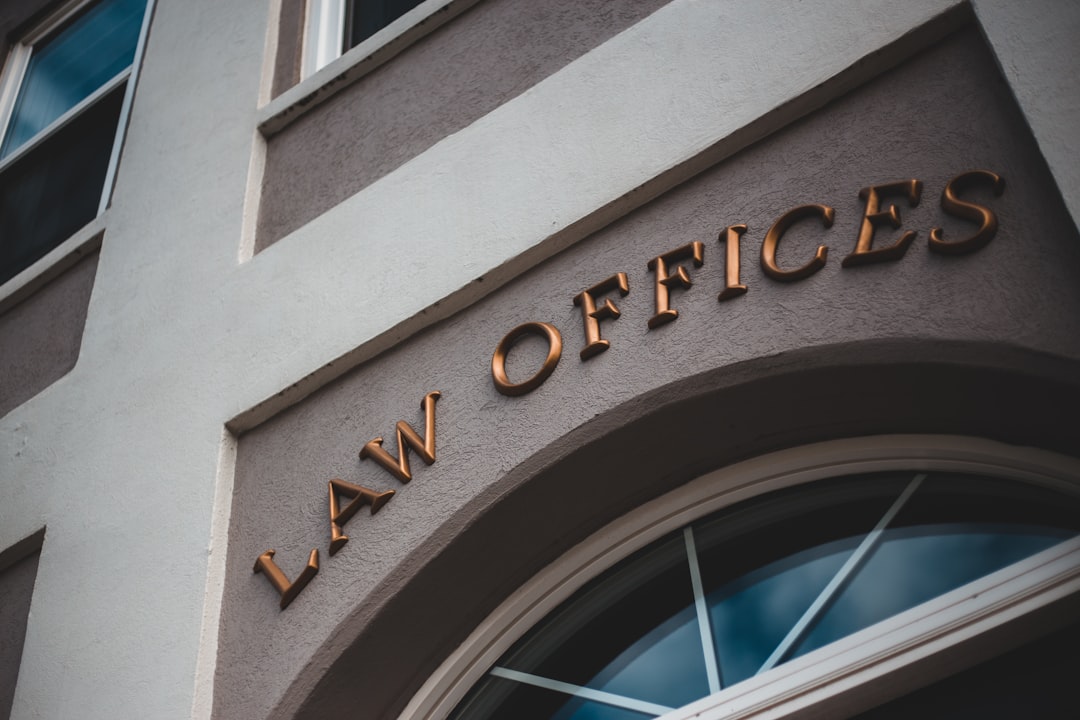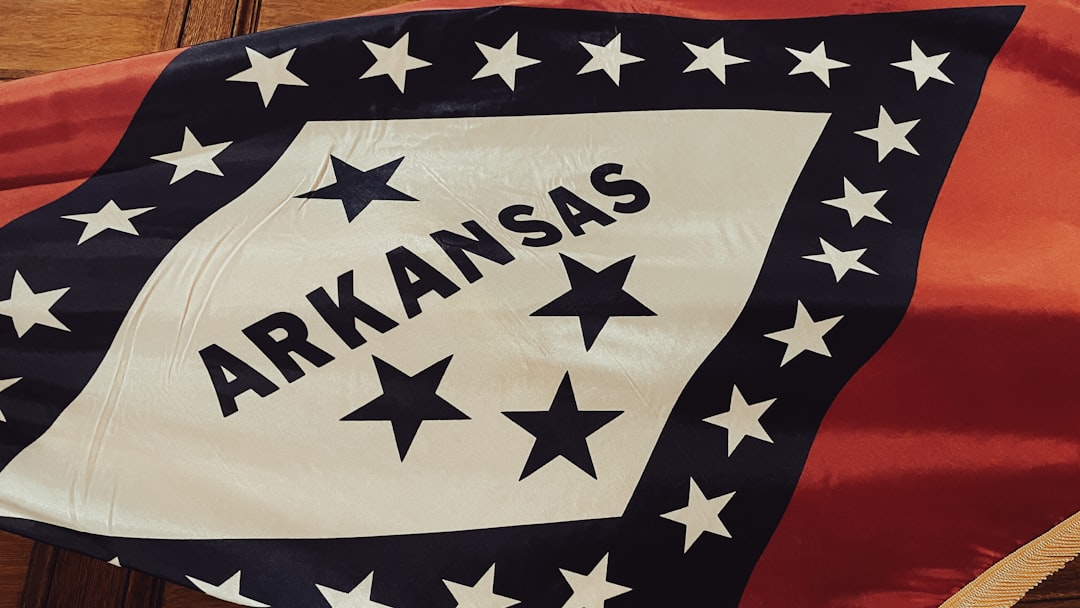In Arkansas, addressing male sexual assault requires a comprehensive understanding of legal rights and available resources. This article guides you through the intricate aspects of male sexual assault laws, offering insights into navigating the justice system. We explore crucial steps after an incident, emphasizing the importance of quick action. Additionally, we highlight tips for choosing a qualified male sexual assault lawyer in Arkansas and list support services tailored to survivors. By understanding your options, survivors can take control and seek justice.
Understanding Male Sexual Assault Laws in Arkansas

In Arkansas, male sexual assault cases are governed by state laws that protect victims regardless of their gender. Understanding these laws is crucial for anyone seeking justice after experiencing sexual abuse or assault. If you’re looking for legal assistance, a male sexual assault lawyer in Arkansas can help navigate this complex process. They ensure that your rights are protected and that you receive the support needed during what can be an emotional and challenging time.
The state has specific statutes that define sexual assault, including provisions for consent, age of consent, and penalties for perpetrators. These laws also outline the procedures for reporting assaults, which include notification requirements for law enforcement and medical facilities. A skilled male sexual assault lawyer in Arkansas will guide you through these processes, helping you file a report and pursue legal action if necessary. They advocate for your well-being and work to hold perpetrators accountable.
Navigating Legal Options: Steps After an Incident

After experiencing male sexual assault, a victim may feel overwhelmed and unsure about their next steps. One crucial action is to contact a trusted friend or family member for support. A male sexual assault lawyer in Arkansas can provide guidance tailored to the specific circumstances of each case.
The initial step is often to seek medical attention for any injuries and to preserve evidence, such as clothing or other items that might be relevant to the case. A victim should not hesitate to report the incident to local law enforcement, who can offer protection and help connect individuals with specialized legal services, including a male sexual assault lawyer in Arkansas, dedicated to advocating for victims’ rights.
Finding the Right Male Sexual Assault Lawyer

When seeking legal assistance for male sexual assault cases in Arkansas, finding a specialized and compassionate lawyer is paramount. It’s essential to look for an attorney who has extensive experience handling these sensitive matters and a proven track record of success. Many victims may feel overwhelmed or hesitant to pursue legal action, so choosing the right advocate can make a significant difference in the outcome.
A male sexual assault lawyer in Arkansas should offer a supportive environment, ensuring your privacy and confidentiality. They should be well-versed in state laws and able to guide you through the legal process. Look for someone who listens attentively, answers your questions thoroughly, and treats your case with the utmost dignity and respect. This specialized knowledge will help navigate the complexities of criminal and civil proceedings, ensuring your rights are protected throughout the process.
Support Services for Survivors in Arkansas

In the aftermath of male sexual assault, survivors in Arkansas can access a range of support services designed to help them navigate both legal and emotional challenges. Many non-profit organizations offer confidential counseling, hotlines, and advocacy for victims seeking justice. These services are crucial for individuals who may feel isolated or unsure about their next steps, providing a safe space to share their experiences and connect with trained professionals.
Legal aid is also available through male sexual assault lawyers in Arkansas, who can guide survivors through the complex legal process, ensuring their rights are protected. These attorneys specialize in handling sensitive cases, offering expertise in navigating state laws related to sexual violence. With their help, survivors can take decisive actions, seeking charges against their assailants and pursuing civil remedies for the trauma they have endured.






